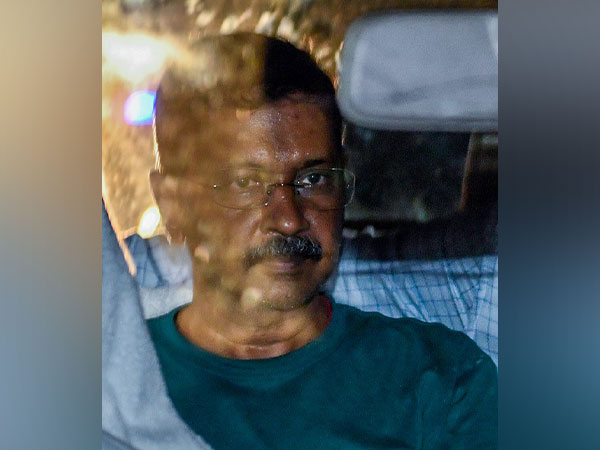Delhi Chief Minister Arvind Kejriwal has moved the Delhi High Court seeking bail in the CBI case related to the controversial excise policy. The court has scheduled a hearing for July 5, 2024.
Kejriwal is challenging both his arrest and the remand granted by the trial court. His legal team, including advocates Rajat Bharadwaj and Mohd Irshad, appealed to Acting Chief Justice Manmohan for an urgent hearing.
In his plea, Kejriwal argues that his arrest violates Sections 41 and 60A of the Criminal Procedure Code (CrPC). He contends that for offenses punishable by up to seven years, compliance with these sections is mandatory. Kejriwal also claims that no proper justification was provided for his arrest, especially given that the investigation has been ongoing for two years.
The Delhi High Court previously issued a notice to the CBI on Kejriwal’s plea against his arrest, with a detailed hearing scheduled for July 17. Senior Advocate Dr. Abhishek Manu Singhvi is representing Kejriwal in this matter.
The CBI alleges that during his police custody, Kejriwal did not cooperate with the investigation and gave evasive replies. They claim he failed to explain several key points, including the enhancement of profit margins for wholesalers under the new Excise Policy and his alleged meetings with various stakeholders in the liquor business.
Kejriwal is currently in judicial custody. The CBI has expressed concerns about his influence as a prominent politician and Chief Minister, suggesting he might tamper with evidence or influence witnesses.
On June 26, the CBI arrested the Aam Aadmi Party (AAP) national convenor, Kejriwal, after the Vacation Judge of Delhi Court allowed CBI to examine/interrogate him in the courtroom so that the agency could proceed with his formal arrest.
The Delhi High Court recently stayed Chief Minister Arvind Kejriwal’s bail order passed by the trial court, saying that the trial court should have at least recorded its satisfaction with the fulfilment of twin conditions of Section 45 of the Prevention of Money Laundering Act (PMLA) before passing the impugned order.
(Inputs from ANI)














